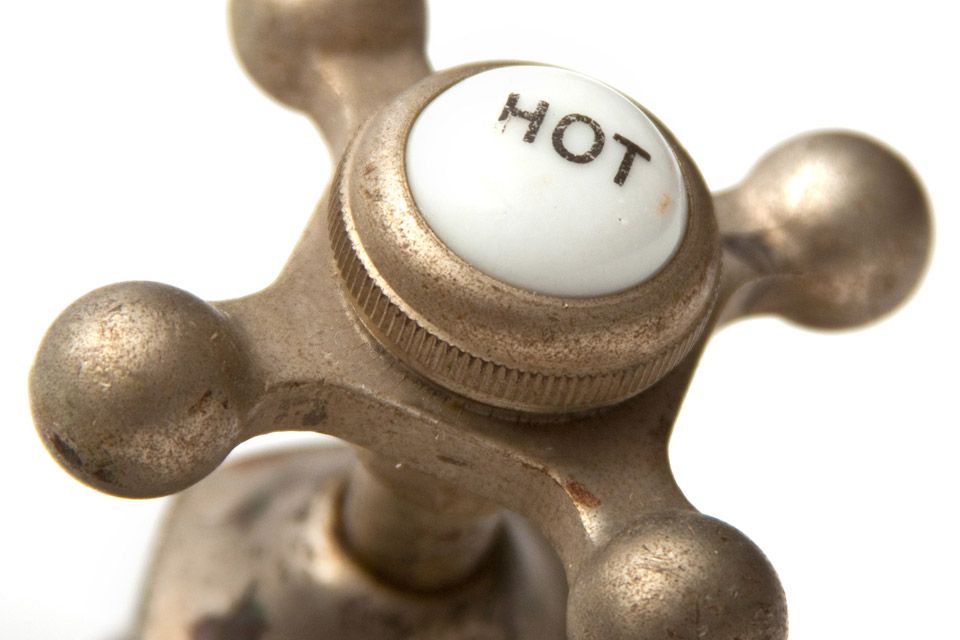
Is a Tankless Water Heater Right for Your Home?
A conventional water heater is like a good and loyal dog. It eagerly awaits being called on to provide warmth and comfort. No matter how often you ignore your water heater, it stays ready for you. When you sleep at night, it keeps the water in the tank hot. When you leave for a day at work, it keeps the water hot all day long. When you take a two-week vacation, it never misses a minute of keeping your water at the perfect temperature for when you return. Like the loyal dog, it’s there for you when needed.
Therein lies the fundamental problem; a conventional water heater keeps the water hot 24 hours a day, 365 days a year whether you need it or not. It only runs out of hot water when you use so much that the tank empties before the last person in your family finishes showering. When a conventional water heater runs low on hot water, it takes time before more hot water is available.
A tankless water heater has a different personality. It doesn’t heat up the water until you ask for it. When you are not using hot water, a tankless water heater does not run up your utility bill by reheating the water in your tank. As long as there is cold water coming into your home, you can have hot water coming out of your faucets. A tankless water heater almost never runs out of hot water. Yes, almost never. If multiple family members are showering at the same time, the tankless water heater may not always keep up. It isn’t absolutely clear-cut; there are pros and cons to tankless.
Pros & Cons
- Tankless heaters can run out of hot water when there are multiple users. Tank water heaters can do the same but a properly sized water heater with a tank will usually outlast a tankless system before the water cools down. However, with tankless, the hot water comes back almost instantly when there is only one user.
- The initial cost of a tankless water heater system is higher than a conventional tank water heater. Consumer Reports estimates that a typical tankless system is 22% more efficient than a traditional system. Also, tankless models last longer, typically twice as long as a tank before needing to be replaced.
- Tankless systems take up less space than conventional systems; they can usually be mounted on a wall. A water softener is sometimes needed for the tankless system to work properly. When a water softener is needed, the amount of extra space is reduced.
- Like a conventional water heater, a tankless water heater can be either gas or electric. For replacement in a home that already has gas lines in place, there may be some extra cost to adjust the gas lines for tankless.
- One pro with no con is the elimination of standby loss energy cost. With a tank system, energy is being used to reheat the water in the tank even when no one is at home. That cost is completely eliminated with tankless. It’s tankless, but not thankless; it will definitely lower your utility costs.
Is a tankless water heating system right for you? Talk to the plumbing professionals at Semper Fi Heating & Cooling at 480-616-3636 to learn more.
Other Blogs You May Be Interested In
Categories

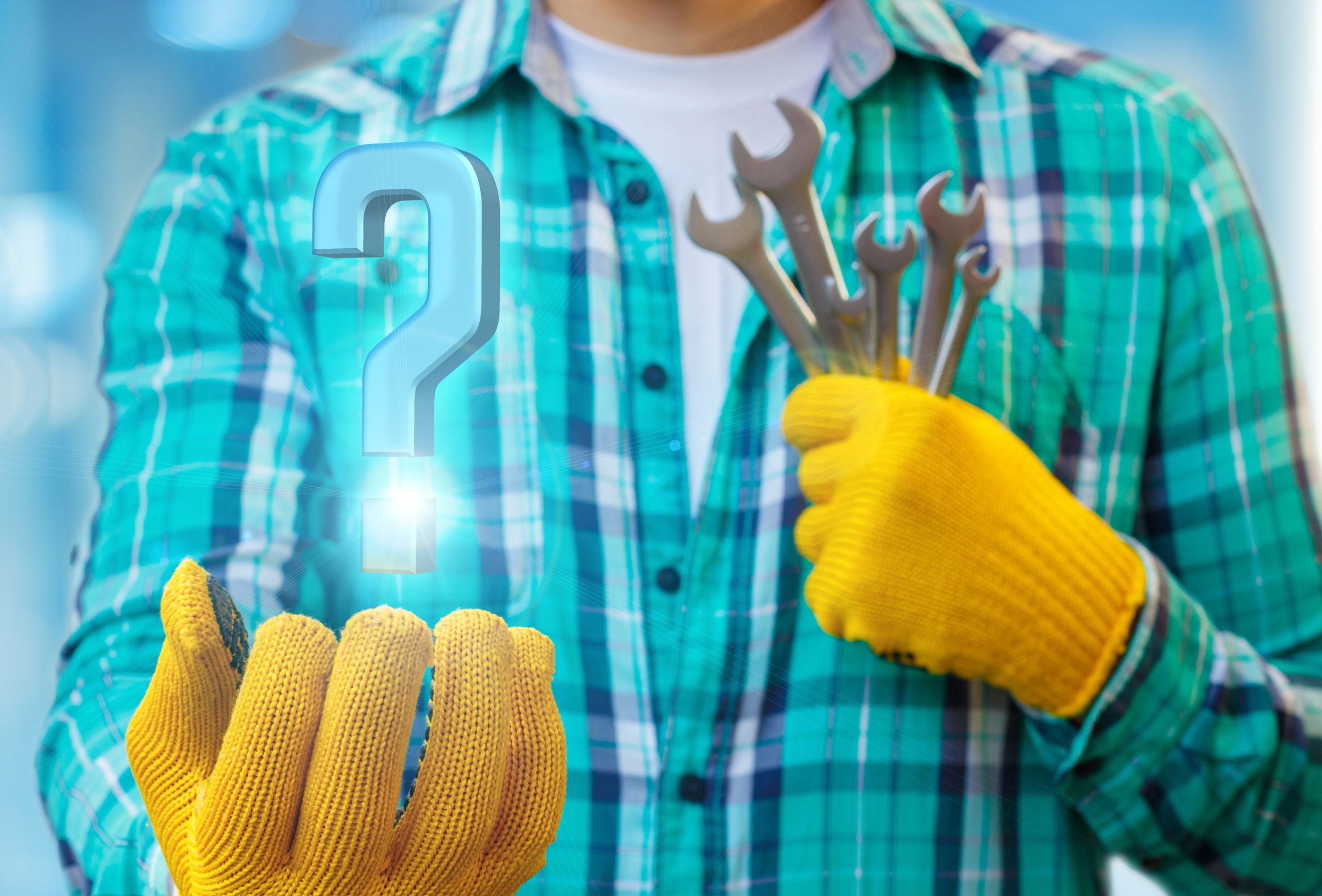




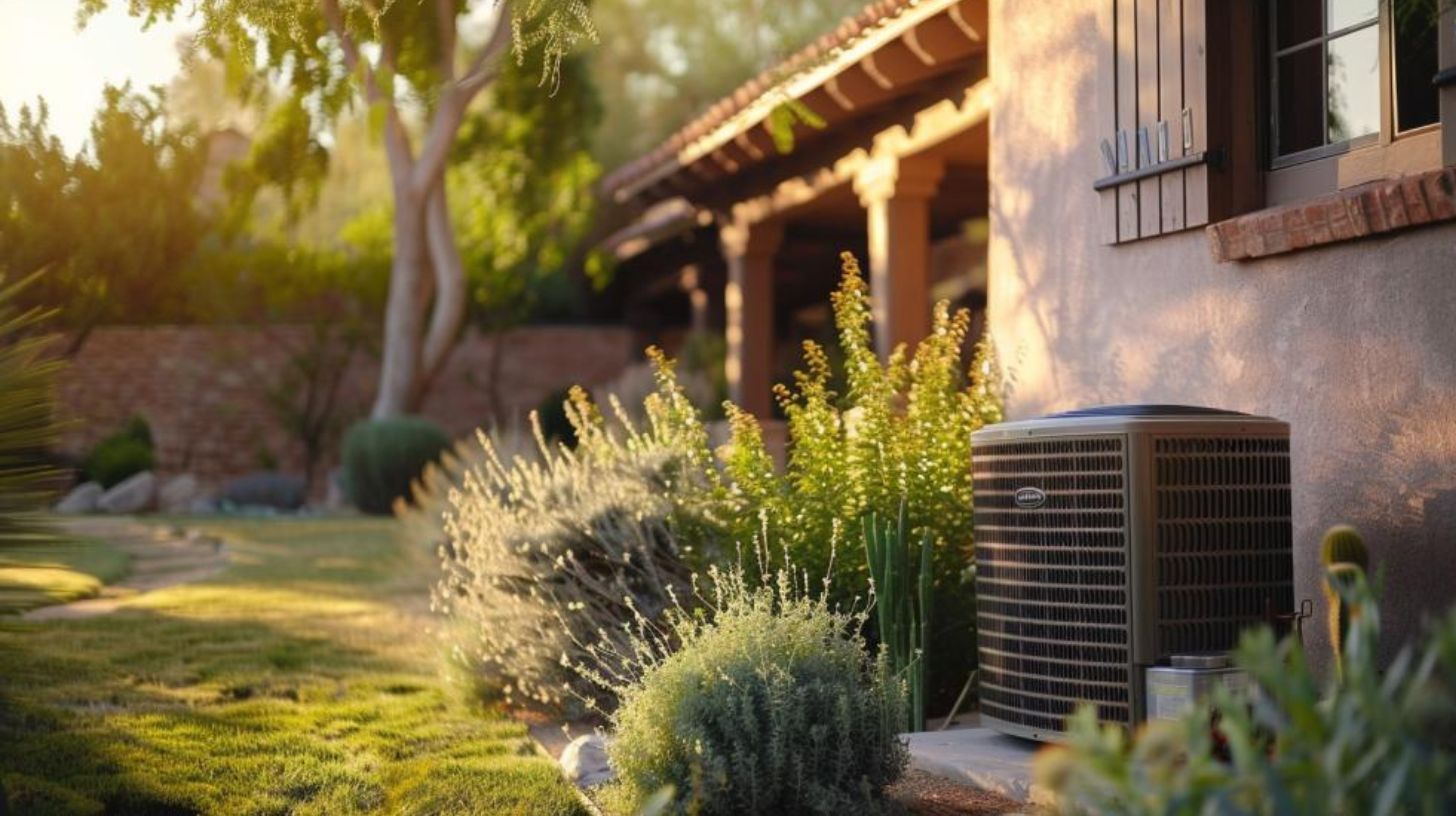

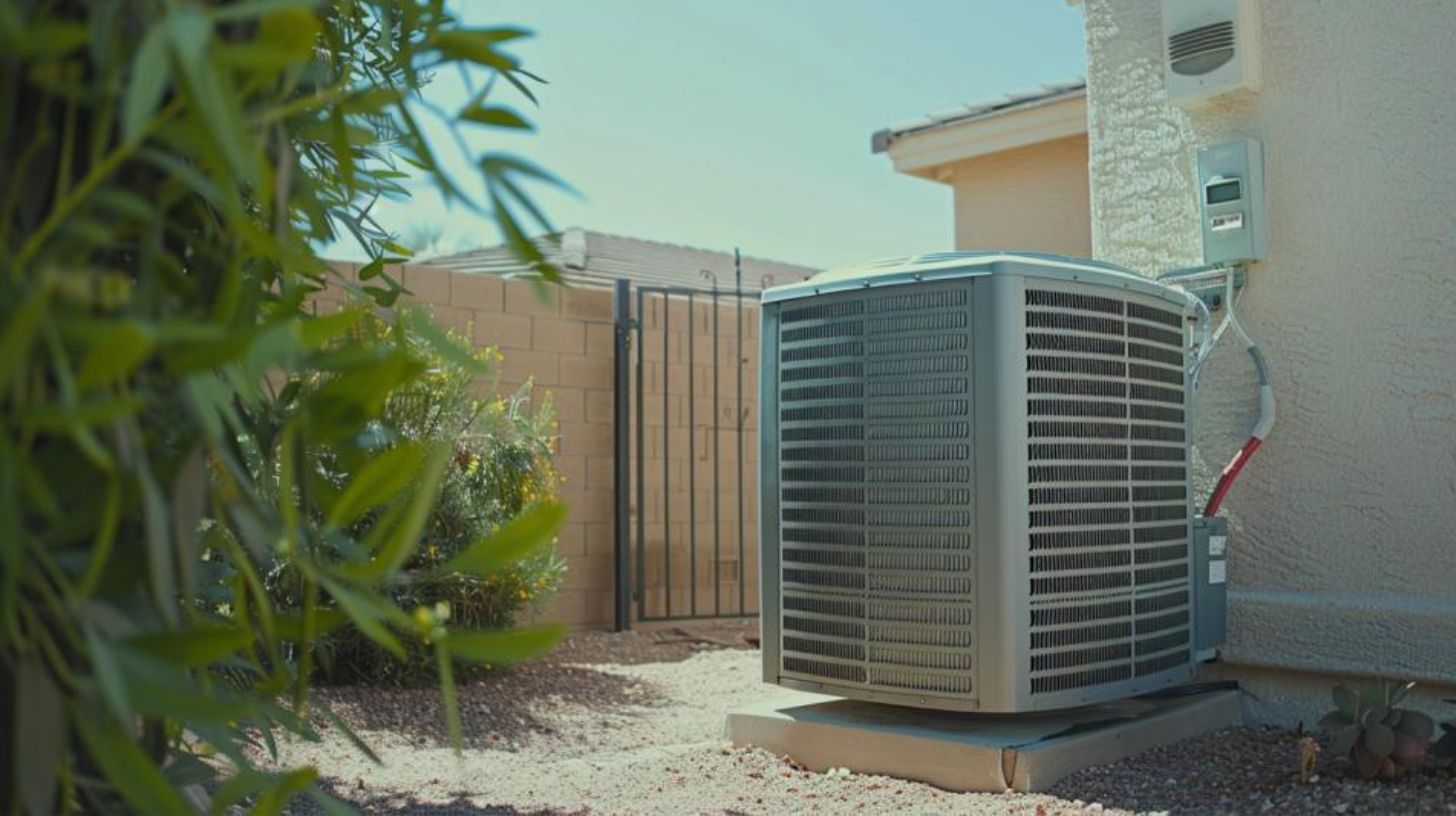

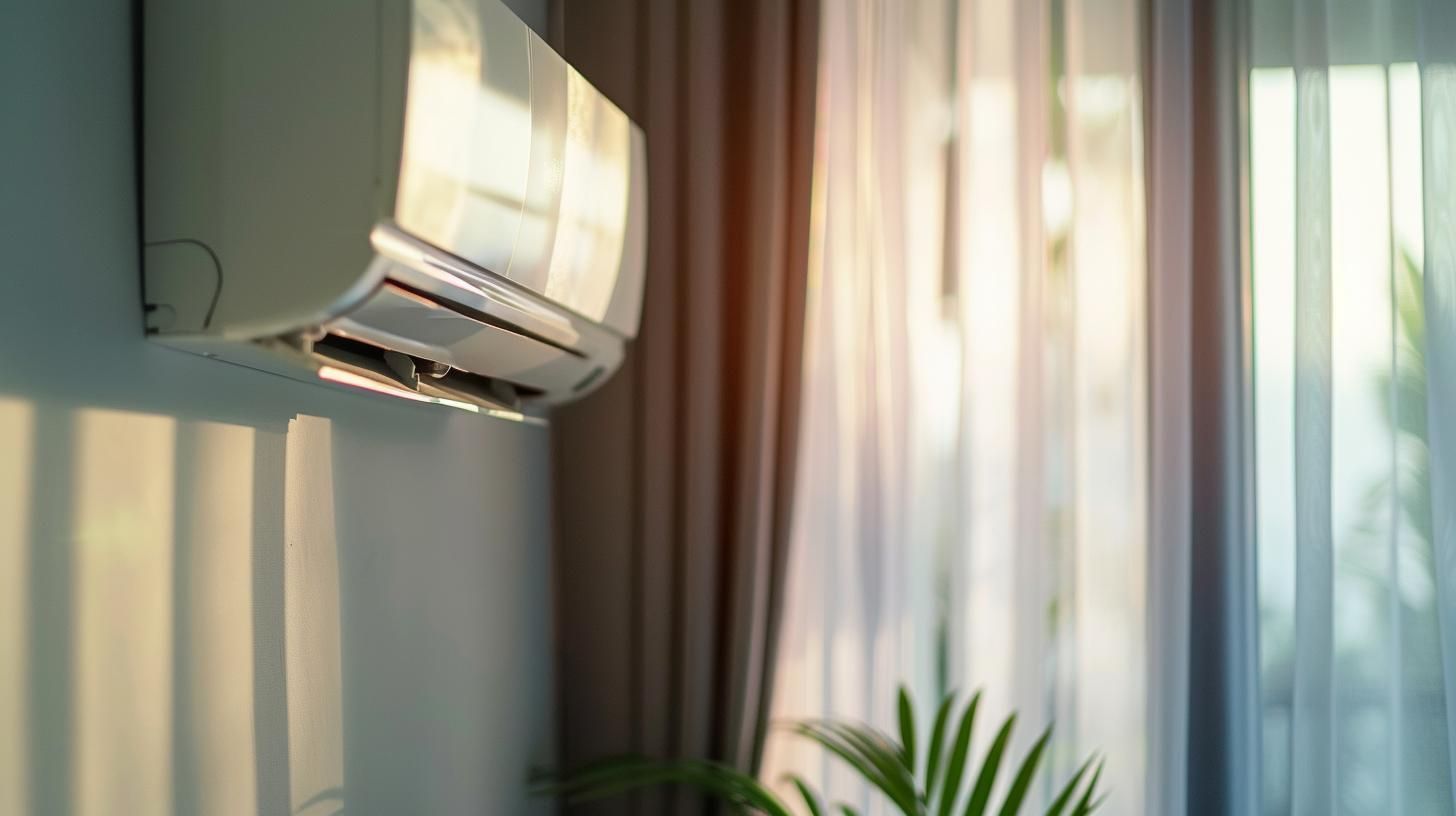
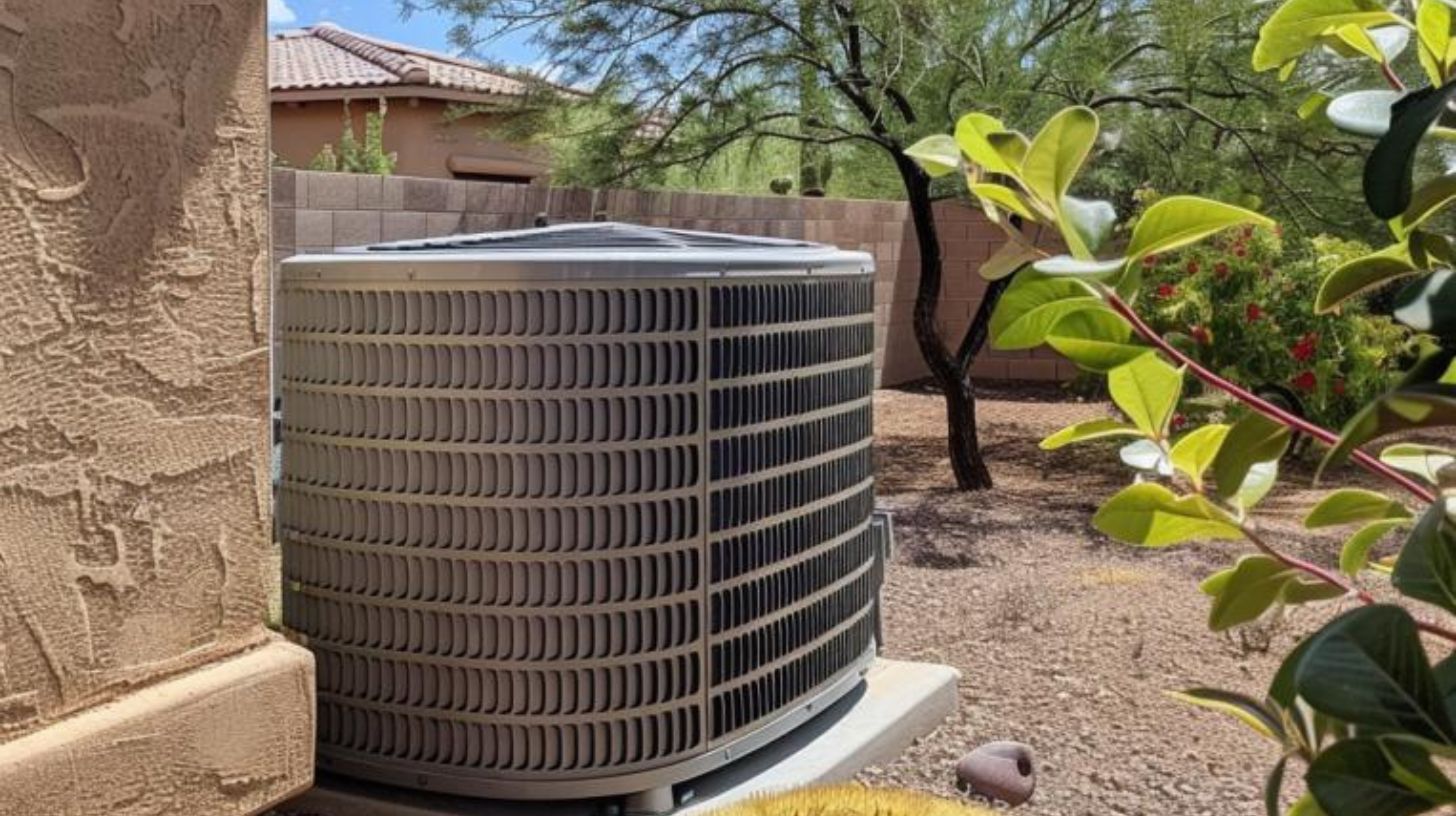
Leave a Reply